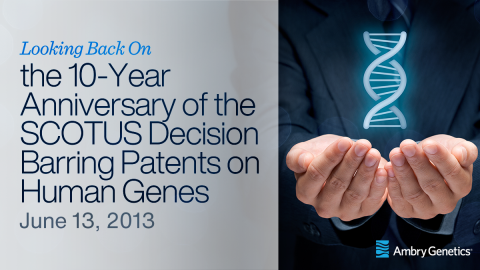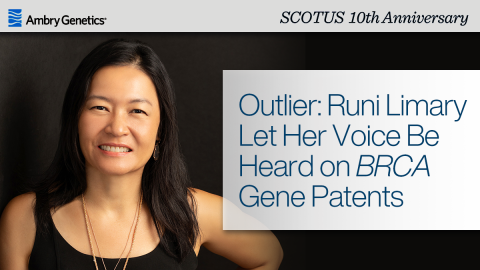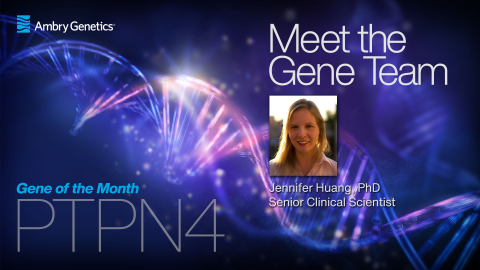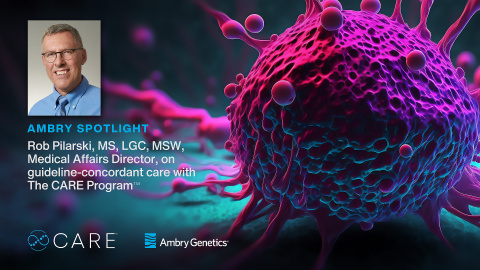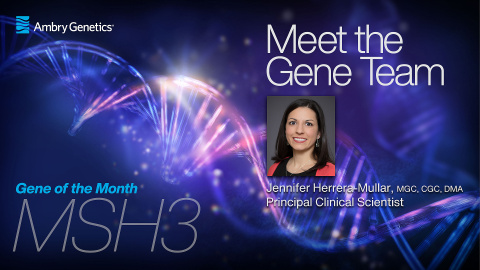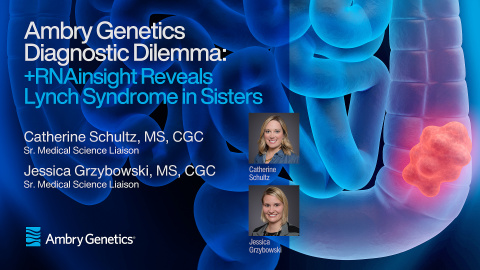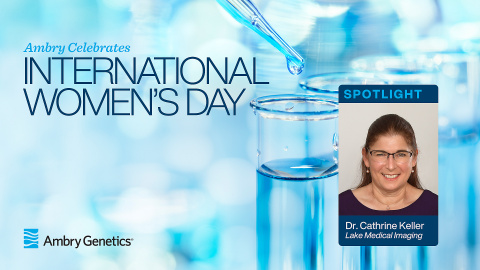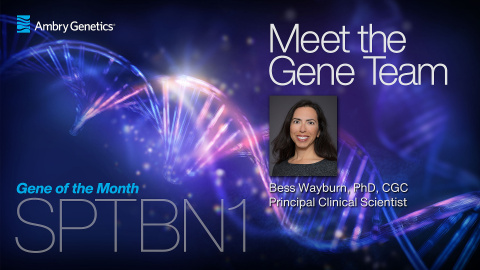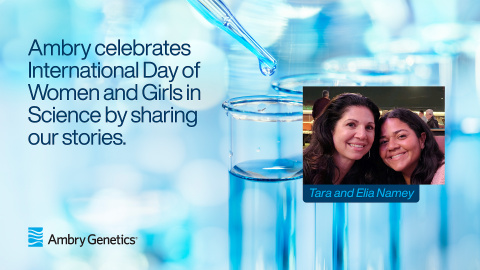- By Dr. Harry Ostrer, M.D.
- Posted June 13, 2023
SCOTUS Tenth Anniversary: Myriad at 10
This week, we are celebrating the tenth anniversary of the Supreme Court’s decision, Association of Molecular Pathology versus Myriad Genetics (“Myriad") that overturned the validity of gene patents. The case was successful, because of some remarkable contingencies, first the conceptualization by ACLU lawyer Chris Hansen and his advisor Tania…
- By Jodi Tahsler
- Posted June 13, 2023
Outlier: Runi Limary Let Her Voice Be Heard on BRCA Gene Patents
When it comes to breast cancer, Runi Limary has more personal experience than average. She not only spent time working at a nonprofit for people with breast cancer, but she was diagnosed herself at the young age of twenty-eight. When ACLU lawyers reached out to her about the court case regarding BRCA1 and BRCA2 patents to see…
- By Jodi Tahsler
- Posted May 18, 2023
Meet the Gene Team: Jennifer Huang, PhD, presents the Gene of the Month, PTPN4
Meet the Gene Team The Gene Team is an essential part of Ambry Genetics. This passionate team of experts is inspired by advancing the science of gene characterization and being able to help patients. For our third installment, we would like to introduce Jennifer Huang, PhD, Senior Clinical Scientist at Ambry Genetics. Dr. Jennifer Huang is a…
- By Jodi Tahsler
- Posted April 12, 2023
Ambry Spotlights Rob Pilarski: Seeing Genetic Testing’s Big Picture
Ambry Genetics caught up with Robert Pilarski, MS, LGC, MSW, Director of Medical Affairs, at his home on the shore in Cape Cod. He describes the town as “his happy place,” and in learning more about his role at Ambry, it seems that his career has entered a happy place as well. Rob has been with Ambry for over two years and is often sought…
- By Jodi Tahsler
- Posted April 11, 2023
Meet the Gene Team: Jeni Herrera-Mullar, MGC, CGC, DMA, presents the Gene of the Month, MSH3
Meet the Gene Team The Gene Team is an essential part of Ambry Genetics. This passionate team of experts is inspired by advancing the science of gene characterization and being able to help patients. For our second installment, we would like to introduce Jeni Herrera-Mullar, MGC, CGC, DMA, Principal Clinical Scientist at Ambry Genetics. Jeni…
- By Catherine Schultz, MS, CGC
- Posted March 23, 2023
Ambry Genetics Diagnostic Dilemma: +RNAinsight® Reveals Lynch Syndrome in Sisters
In recognition of Colon Cancer Awareness Month, Ambry would like to share the story of Jane and Julie Smith (not their real names) – sisters and cancer survivors. Jane was diagnosed with colon cancer in 2004 at the age of 36. While she was concerned about her diagnosis and family history of ovarian cancer, genetic testing was not widely available…
- By Jodi Tahsler
- Posted March 8, 2023
International Women’s Day: Spotlighting Cathrine Keller, MD, A Woman of Substance
Being a “woman of substance” requires a passion for benefitting the greater good. Dr. Cathrine Keller has it in abundance. “We believe the greater good is to put our patients’ health and safety at the epicenter of every decision we make.” A woman of substance seldom has a neutral position. As a leader in the fight against breast cancer,…
- By Jodi Tahsler
- Posted March 2, 2023
Meet the Gene Team: Bess Wayburn, PhD, CGC, presents the Gene of the Month, SPTBN1
Meet the Gene Team The Gene Team is an essential part of Ambry Genetics. This passionate team of experts is inspired by advancing the science of gene characterization and being able to help patients. For our first installment, we would like to introduce Bess Wayburn, PhD, CGC, Principal Clinical Scientist at Ambry Genetics. Bess Wayburn is a…
- By Melissa Holman, MS, CGC
- Posted February 28, 2023
American Heart Month Spotlight: Sudden Cardiac Arrest in Athletes
Earlier this year, the nation’s attention was captured by Damar Hamlin’s story after he collapsed on the field from sudden cardiac arrest (SCA) during Monday Night Football. After Hamlin’s collapse, teammates, fans and most of America watched as CPR was performed and he was taken to the hospital in an ambulance. In the days that followed,…
- By Tara Namey, MS, LCGC
- Posted February 10, 2023
Like Mother, Like Daughter: Tara and Elia Namey Advance Women in STEM Leadership
Elia Namey discusses Disparities in the Uptake of Cascade Testing. February 11 is recognized as International Day of Women and Girls in Science! Ambry feels privileged to have many women in high positions leading the company’s scientific progress. To celebrate, we’re introducing one of the women who leads the way in genetics at Ambry…
